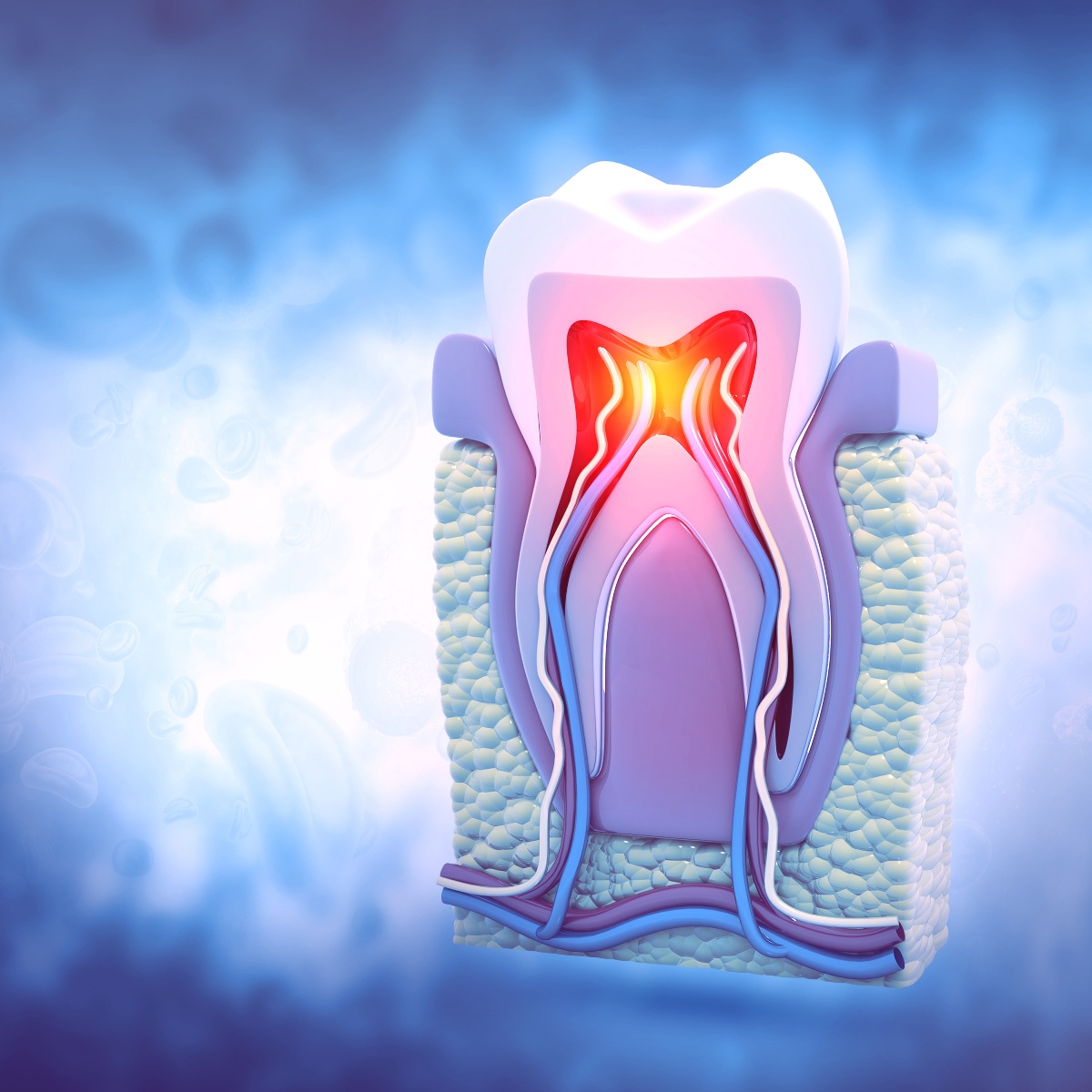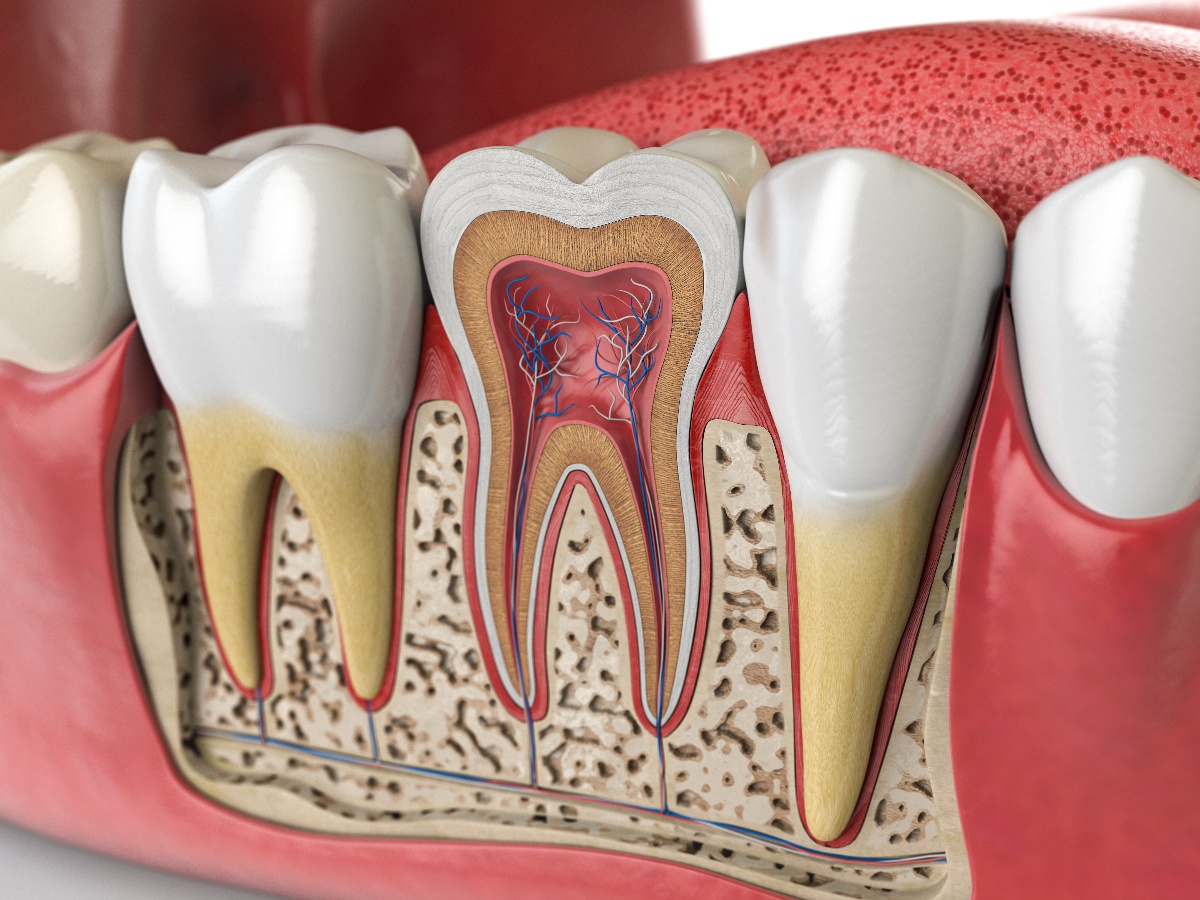The first root canal treatment performed in the United States was in 1838 using a modified watch spring. According to the American Association of Endodontists, more than 41,000 teeth are saved each day using advanced technologies, such as microscopes and nickel-titanium root canal instruments. However, the decision to pursue this treatment can be challenging due to several factors.
The Advantages of Saving a Tooth
To preserve dental health, dentists have historically recommended saving most teeth instead of removing them. Although tooth extraction might seem like a quick fix for a tooth damaged by decay or infection, saving a natural tooth has several long-term benefits that merit consideration. Here are several reasons why opting to save a tooth can be a wise choice:
- Maintains Natural Function. Saving a tooth preserves its natural function, allowing for normal biting and chewing, which helps in maintaining proper digestion and overall oral health.
- Preserves Jawbone Integrity. Natural teeth stimulate the jawbone, keeping it healthy and intact. Tooth extraction can lead to bone loss over time, potentially affecting facial structure and oral health.
- Avoids Shifting of Adjacent Teeth. A saved tooth helps to maintain the alignment of your surrounding teeth, preventing them from shifting into the gap left by an extraction, which can cause bite and jaw alignment issues.
- Retains Natural Appearance. Keeping your natural tooth helps maintain the esthetic appearance of your smile and the natural contour of your face, avoiding the sunken look that can occur with tooth loss.
- Cost-Effective. While initial procedures to save a tooth might seem costly, they are often more cost-effective than the ongoing maintenance, replacements, or complications associated with tooth replacements like implants or bridges.
- Faster and Simpler Recovery. Recovery from procedures to save a tooth is typically quicker and less complicated than recovery from an extraction and subsequent dental implant or bridge placement.
- Reduces the Need for Additional Dental Work. By saving a tooth, you often eliminate the need for more extensive dental work, such as bone grafts or customized prosthetics, required when a tooth is extracted and replaced.
- Less Risk of Infection and Complications. Procedures to save a tooth generally have a lower risk of post-procedural infections or complications compared to tooth extractions and replacements, which can have more complex post-care requirements.
- Better Overall Oral Health. Keeping your natural teeth can contribute to better overall oral health. Natural teeth are easier to clean and maintain compared to dental prosthetics, reducing the risk of gum disease and other oral health issues.
- Eliminates the Need for Prosthetics. By saving a tooth, you avoid the need for dental prosthetics like dentures, bridges, or implants, which can require adjustment periods and may not always feel as comfortable as natural teeth.
- Maintains Speech Clarity. Your natural teeth play a significant role in speech. Saving a tooth helps maintain speech clarity, as tooth loss can sometimes alter pronunciation.
- Psychological Benefits. Keeping your natural teeth can have psychological benefits, such as higher self-esteem and confidence in your smile, which can be affected by tooth loss.
- No Adjustment Period. Unlike prosthetics, which may require an adjustment period for speaking and eating, saving a natural tooth allows you to continue your normal daily activities without any adjustment period.
- Prevents Overloading of Other Teeth. Maintaining all your natural teeth prevents overloading and excessive wear on other teeth that might have to compensate for a missing tooth.
When Extraction is Preferred
Deciding between a root canal treatment and tooth extraction can be complex, influenced by various factors. While root canal therapy is often preferred to preserve a natural tooth, there are circumstances where extraction has advantages, such as:
Severe Tooth Damage or Decay. When a tooth is extensively decayed, cracked, or fractured below the surrounding bone, attempting to save the tooth may not be feasible.
Insufficient Tooth Structure. Trauma or decay can remove too much of the tooth structure above the gumline to support a restoration such as a dental crown.
Periodontal Disease. Advanced gum disease can cause severe damage to the bone that supports a tooth. This situation can render a tooth’s long-term prognosis too questionable to save with a root canal treatment.
Medical Considerations. In some cases, a patient’s overall health or specific medical conditions may make a root canal procedure more risky, prompting the choice of extraction.
Benefits of Tooth Extraction in Certain Cases:
When tooth removal is preferred over root canal treatment, it is usually due to one or more of the following benefits:
- Prevents Further Infection. Extraction eliminates the risk of ongoing infection in a severely compromised tooth.
- Quick Resolution. Extraction offers a quicker resolution to severe pain or infection.
- Cost-Effective. In some cases, extraction followed by an appropriate dental prosthetic can be more cost-effective in the long run.
- Eliminates Complex Procedures. Extraction avoids the need for complex and potentially lengthy procedures that some people find difficult to sit through.
The Advantages of Dental Implants
Advances in dental implant techniques and materials have made implants a desirable option in many cases previously treated with root canal therapy. With a success rate of about 95%, tooth extraction followed by placement of a dental implant and crown provides a predictable option that rivals the traditional root canal and crown treatment.
Dental implants offer several benefits after tooth extraction that were not available years ago, including:
- Natural Look and Feel. One of the most significant advantages of dental implants is their ability to emulate natural teeth in appearance and function. They are designed to blend seamlessly with your existing teeth, restoring the natural look of your smile.
- Preservation of Bone Structure. When a tooth is lost, the surrounding jawbone begins to resorb. Dental implants stimulate the bone, like natural tooth roots, helping to maintain jawbone density and facial structure.
- Improved Oral Health. Unlike other restorative options, such as bridges, dental implants don't require removing tooth structure from adjacent teeth, preserving more of your natural tooth structure. This contributes to better long-term oral health.
- Durability and Reliability. Implants are known for their durability and high success rate. With proper care, they can last a lifetime, making them a cost-effective long-term solution.
- Enhanced Comfort and Confidence. Implants eliminate the discomfort of removable dentures and the worry of them slipping or falling out. This can boost confidence in social and professional interactions.
- Easier Eating. Implants function like natural teeth, enabling you to eat your favorite foods confidently and without pain.
- Convenience. Changing your oral hygiene is unnecessary to maintain dental implant restorations.
- Prevents Shifting of Teeth. By filling the gap, implants prevent the shifting of adjacent teeth, maintaining alignment and bite.
Schedule an Appointment
It can be a challenge when deciding between root canal treatment or tooth removal. The oral health professionals at Palmetto Dental Services have the skill and experience to help guide you to the best treatment option. For more information, call us or contact us online.





